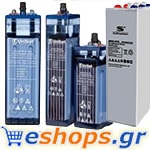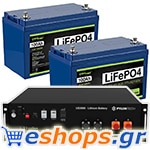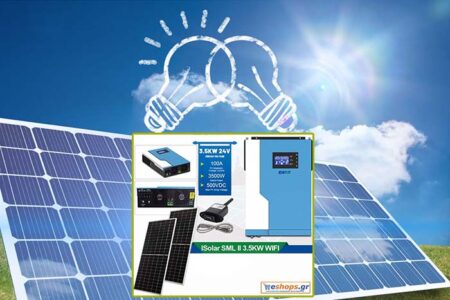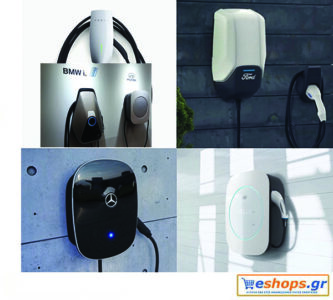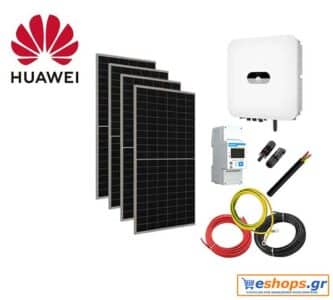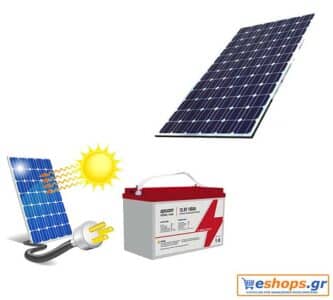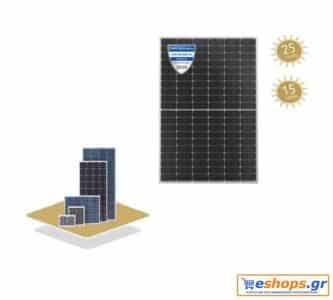Study confirms PV inverters should operate fault-free for around 15 years
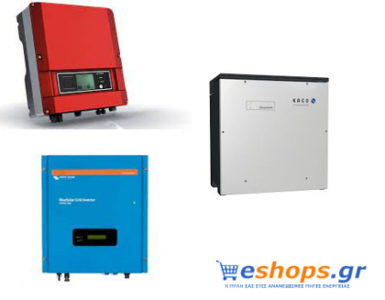
inverters, photovoltaics, faults, efficiency, power optimizers
A new study from the Bern University of Applied Sciences shows that the performance of most photovoltaic inverters and power optimizers remains optimal for up to 15 years. The inverters examined were mainly from the manufacturers Fronius, Sputnik and SMA and most of the power optimizers reviewed came from the Solaredge.
The researchers looked at the type of power electronics, the year the PV system was commissioned, and the year the first power-related fault occurred.
Researchers at the Bern University of Applied Sciences (BFH) are currently investigating the durability and performance of PV inverters and power optimizers from a total of 1.280 PV systems located in Switzerland.
In their research, the researchers looked at the type of power electronics, the year the PV system was commissioned, and the year the first power-related fault occurred. Their evaluation revealed an average time to first energy-related error. The results of all power converters and optimizers examined show that more than 50 percent of power electronics do not show performance-related errors by age 15, the researchers wrote in their preliminary findings.
The data also showed that lifespan depends on several factors. For example, more powerful PV inverters have a shorter lifespan. While power optimizers considered separate had the longest lifespan. However, it should be noted that the overall reliability of a PV system increases with a smaller number of power electronics.
The factors
The Swiss scientists further discovered that outdoor power electronics are more susceptible to interference than indoor PV inverters and power optimizers. At the same time, they discovered that the first fault occurs earlier in PV systems with inverters with power optimizers than in systems without power optimizers. The lifespan of devices also varies by manufacturer.
The researchers clarified, however, that the validity of their results is limited. As this is a non-representative cross-section of power electronics used in rooftop systems in Switzerland or Europe. The PV inverters tested were mainly from the manufacturers Fronius, Sputnik and SMA, and most of the power optimizers tested were from Solaredge.
The causes of failures and defects have not yet been precisely recorded. In general, the failure of a power optimizer usually results in a lower efficiency loss in a PV system than the failure of an inverter. However, both defects were rated the same in the evaluation. A fundamental distinction should also be made in that defective power optimizers are usually replaced, while defective converters are repaired.
Despite the limited scope of their work, the BFH researchers dared to draw a conclusion about their previous data. They believe, in fact, that the "rule of thumb that inverters should operate fault-free for about 15 years" is borne out by their findings. The research project will last until the end of 2025 and the research will be repeated in the future and extended to other systems.
















